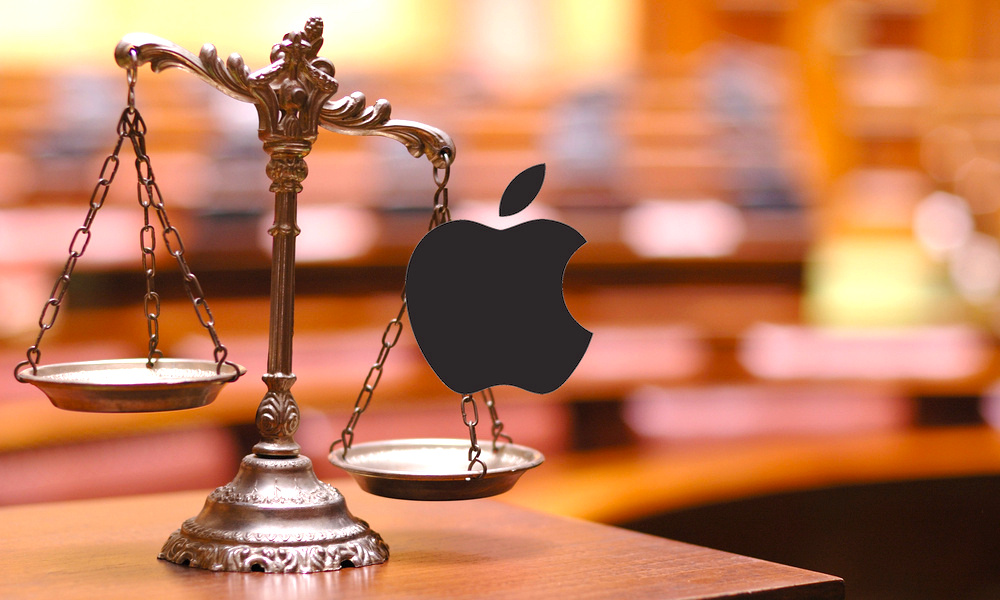This Class-Action Lawsuit Accusing Apple of Selling User Data Was Just Thrown Out
 Credit: corgarashu / Shutterstock
Credit: corgarashu / Shutterstock
Toggle Dark Mode
In an era when so many big tech companies like Facebook and Google are blatantly collecting data on users, it may be hard to believe that Apple isn’t doing the same thing, so it’s probably no surprise that a recent attempt at a class-action lawsuit accused Apple of selling data on customers who had made purchases on iTunes.
Back in May, a $5 billion class action lawsuit claimed that Apple was selling private customer data and song lists to aggregators, in order “to supplement its revenues and enhance the formidability of its brand in the eyes of mobile application developers.”
Specifically, the lawsuit claimed that Apple was divulging the full names and home addresses of its iTunes customers, along with the genres and specific titles of the music that they had purchased from the iTunes Store or that they had stored in their Apple Music libraries.
If these allegations proved to be true, this would represent a huge black mark for a company like Apple that has made a lot of public statements about how seriously it takes user privacy. However, the lawsuit in question seems to have had one fatal problem — there wasn’t a shred of evidence to actually support the claims being made by the plaintiffs.
In their claim, the plaintiffs had argued that the evidence of Apple’s wrongdoing would be uncovered during the discovery process, but failed to provide even the smallest indication to support the possibility that any such evidence existed at all. Apple responded by stating that the claim was categorically untrue, and making a motion to dismiss the case entirely.
Last month, U.S. District Judge William Alsup agreed with Apple’s take, granting its motion to dismiss the original privacy claim, which had been brought against it under Michigan and Rhode Island law. However, Judge Alsup offered the plaintiffs, Leigh Wheaton, Jill Paul, and Trevor Paul, an opportunity to file an amended claim if they could provide sufficient evidence that would support proceeding with the case.
According to Nexus Lexus (via Patently Apple), the plaintiffs had until Nov. 14 to file their amended complaint, and have now failed to do so. As a result, the U.S. federal judge has made a final judgement, dismissing the case entirely “with prejudice,” a relatively rare move that means that the case cannot be brought back before the court in any form.
While Apple is a frequent target of many lawsuits, ranging from those that target Apple’s hardware issues like slowing down iPhones, unauthorized repairs, and potentially serious bugs to accusations of the App Store being a monopoly and Siri privacy issues, there are a lot more lawsuits that the company faces every year that have little to no merit whatsoever, including those many from patent trolls, and as a trillion-dollar company it’s no big surprise that Apple is frequently the target of many specious claims.
While the U.S. court decision in this case didn’t go so far as to say that Apple was not selling iTunes customer data, the inability of the plaintiffs to satisfy the court’s requirement that they at least provide some indication that evidence of this behaviour exists suggests that this particular lawsuit was nothing more than a “fishing expedition,” which is something that the U.S. legal system has little tolerance for.






